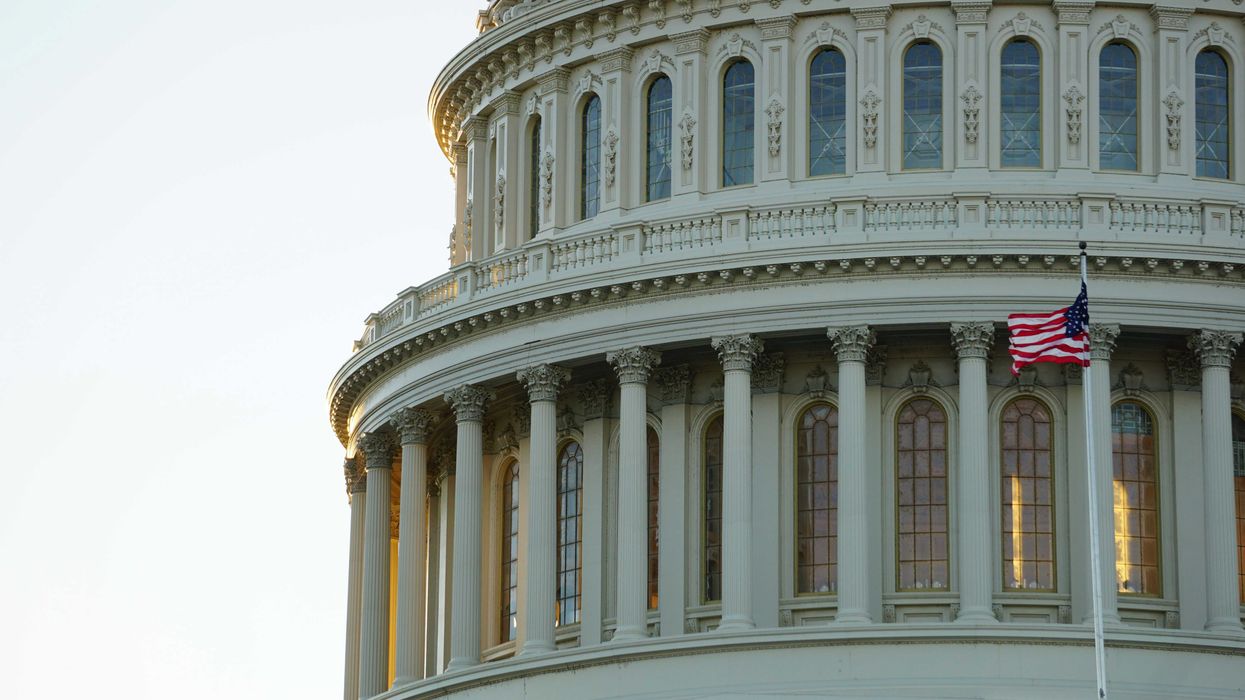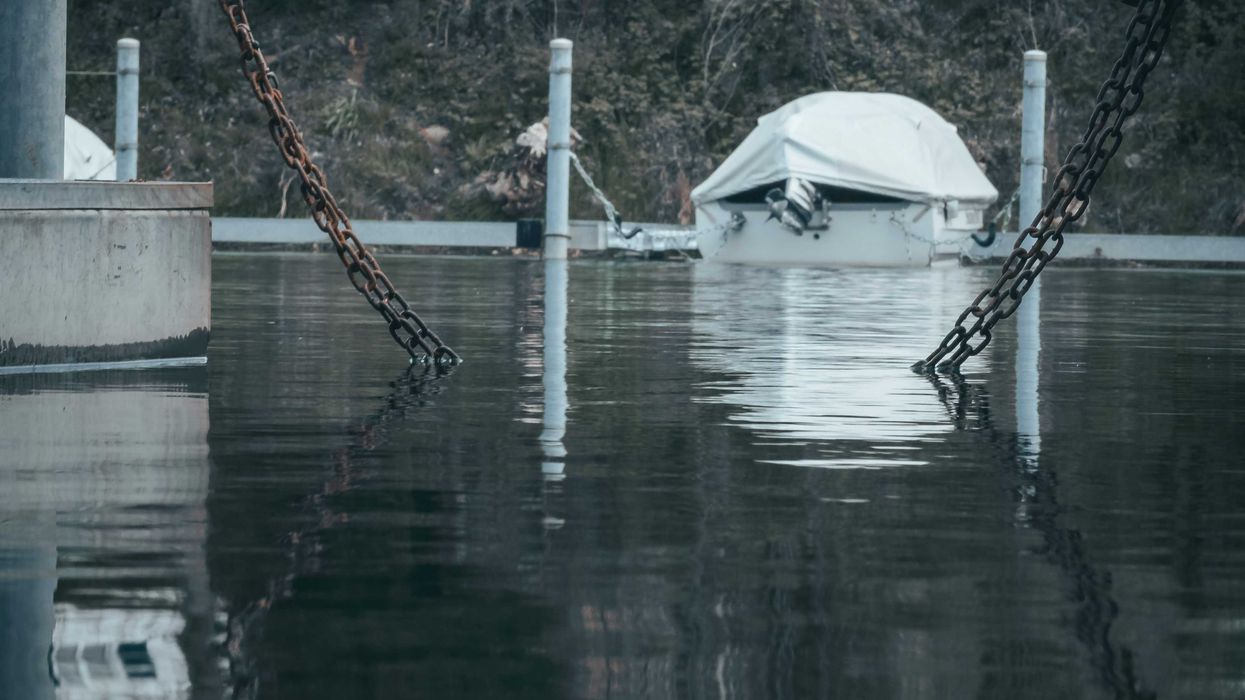Pittsburgh residents will vote May 20 on a city charter amendment that would prevent the sale of their water and sewer utility to a private company.
Carrie Klein reports for Inside Climate News.
In short:
- Pennsylvania privatizes water services at a far higher rate than the national average, with laws like Act 12 incentivizing sales by allowing companies to offer cities more than the actual value of water systems. These sales often lead to sharp rate hikes for customers.
- Supporters of Pittsburgh’s ballot referendum argue that public ownership ensures local accountability, affordable rates, and transparency. Concerns were amplified by a lead contamination crisis in 2016 after the water authority partnered with private firm Veolia.
- Future maintenance and lead line replacements depend on federal infrastructure funding, which may shrink under the Trump administration’s proposed U.S. Environmental Protection Agency budget cuts, leaving municipalities vulnerable to climate-driven disruptions and financial strain.
Key quote:
“We really should protect water as a public resource rather than allowing it to become a commodity for profit.”
— Brooke Christy, Equal Justice Works fellow at Fair Shake
Why this matters:
Water systems are often overlooked until disaster strikes—whether it’s a burst pipe, a boil advisory, or a lead contamination crisis. Public control of utilities has long been seen as a way to keep essential services affordable and accountable. But in Pennsylvania, a 2016 law helped fuel a trend toward privatization by allowing companies to offer municipalities inflated sums for their water infrastructure. The stakes are especially high in Pittsburgh, where memories of past water crises still linger. The city’s history with lead contamination and a controversial private management deal has made some residents wary of relinquishing local control. At the same time, infrastructure nationwide is under growing stress from climate change, federal funds earmarked for repairs are dwindling, and proposed budget cuts at the EPA could further slow progress.
Related: Water systems in Pennsylvania show high PFAS levels above EPA standards














